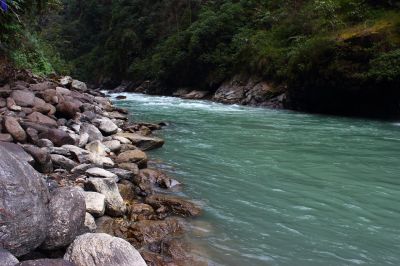As the world's population continues to rise, the challenge to meet food demand while water supplies dwindle will only intensify. With irrigated agriculture the biggest consumer of fresh water, scientists must explore improved water-saving and reusing practices with urgency.
For this reason, the EU funds a consortium called
WATER4CROPS, a twin project mirrored in India and Europe. The project aims both to increase water availability as well as to save water for irrigating agricultural crops by advanced wastewater reuse and valorisation technologies, water saving best practices including plant breeding, innovative irrigation techniques and optimised soil management.
WATER4CROPS researched irrigation and soil management techniques to improve water use efficiency in agriculture as well as crop suitability to local conditions. Scientists also identified genetic traits that enable key crops such as maize, sorghum, millet and tomato to thrive in drought conditions (and thus to potentially withstand climate change).
So far, scientists have also improved technologies used for treating and reusing wastewater, including agro-aqua farming, evapotranspiration and soil water sensors. They have also advanced methods for extracting high-value nutrients and chemicals, removing harmful pollutants, detecting viruses and recycling municipal wastewater.
It is expected that the WATER4CROPS co-creation approach will identify new business opportunities between the EU and India. In addition, the exchange of lessons learnt will contribute to water security and move Europe and India towards green economies.

